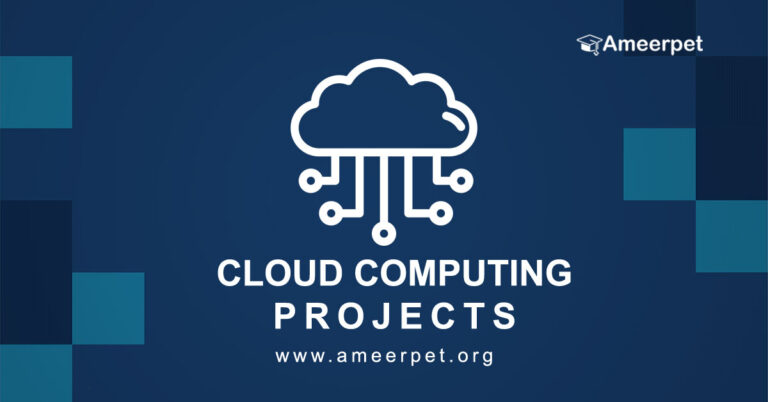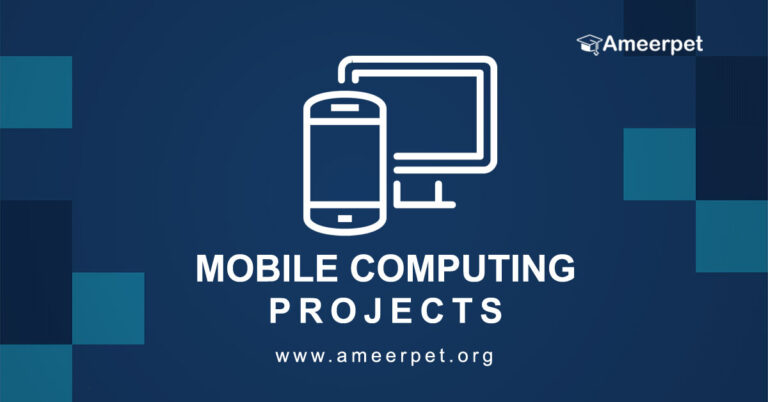
Abstract:
Over the past two decades, recommender systems have used context awareness to offer consumers both top-rated and context-appropriate products. Context-aware service recommendation (CASR) systems use invocation time, location, social profiles, connectivity, and other context factors to match users with high-quality services.
With so much service data (QoS, context, user reviews, and feedback), current CASR approaches are not scalable. Due to their matrix view, they lack contextual information. Current CASR approaches also limit multi-relational user-service interactions to the traditional user-service relation.
We use knowledge graphs to represent CASR knowledge in a rich, multi-relational way to provide scalable, context-sensitive service recommendations with excellent analysis and learning capabilities. To simplify processing, the C-SKG is transformed into a low-dimensional vector space.
We propose a context-aware knowledge graph embedding using Dilated Recurrent Neural Networks and first-order and subgraph-aware proximity. Finally, a context-based recommendation algorithm delivers the top-rated services. Compared to CASR approaches, our solution is accurate and scalable.
Note: Please discuss with our team before submitting this abstract to the college. This Abstract or Synopsis varies based on student project requirements.
Did you like this final year project?
To download this project Code with thesis report and project training... Click Here


